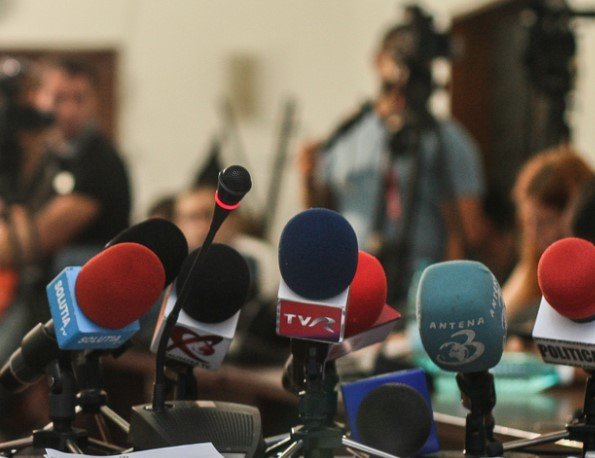The Media Advocacy Coalition has voiced serious concerns regarding the escalating pressure on independent media in Georgia since the adoption of the controversial “Russian law.” This legislation, according to the coalition, has empowered the ruling Georgian Dream party to exert greater influence over media outlets, particularly through the Communications Commission and the judiciary.
Government Actions Under Scrutiny
The coalition’s statement highlights a troubling trend where government institutions are allegedly being manipulated to suppress dissenting voices. The Communications Commission has been accused of targeting opposition television stations, issuing protocols of violations based on complaints from the ruling party. This includes actions taken against channels like Mtavari Arkhi, TV Pirveli, and Formula TV for their refusal to air election advertisements that utilize distressing imagery from the ongoing war in Ukraine.
- Key Points of Concern:
- The Communications Commission’s actions are seen as a means to stifle independent media.
- The European Union has condemned the ruling party’s use of war imagery, labeling it as a tactic to manipulate public opinion and spread disinformation.
- The coalition argues that these punitive measures undermine media independence and reinforce a propaganda narrative aligned with the ruling party’s agenda.

Implications for Political Pluralism
The coalition further emphasizes that the recent decisions by the Regulatory Commission, which penalized TV Formula based on biased research, threaten political pluralism in Georgia. By granting the status of a qualified election subject to the opposition party “Gakharia for Georgia,” the ruling party is accused of attempting to punish critical media and limit the diversity of political discourse.
- Consequences of Current Actions:
- The media landscape is becoming increasingly polarized, limiting public access to varied political viewpoints.
- The lack of judicial independence exacerbates the situation, as courts uphold unjust decisions made by the Communications Commission.
- The use of Strategic Litigation Against Public Participation (SLAPP) lawsuits is highlighted as a significant threat to journalistic freedom.
A Hostile Environment for Journalists
The coalition’s statement also sheds light on the hostile climate faced by independent journalists in Georgia. Incidents of threats and harassment have been reported, including targeted attacks on journalists who challenge the ruling party’s narrative. For instance, Sulkhan Meskhidze, director of Adjara Times, received threatening messages after reporting on the incomplete state of a newly inaugurated bypass road in Batumi.
- Impact on Journalism:
- Such harassment not only endangers journalists but also diminishes the quality of information available to the public.
- The hostile environment fosters distrust in media, alienating citizens from the democratic process.
Pre-Election Tensions
As Georgia approaches the parliamentary elections on October 26, the political climate remains tense. Election banners have appeared throughout Tbilisi, with the ruling party framing the election as a choice between war and peace. The imagery used in these advertisements has drawn criticism for its emotional manipulation.
In response to the ruling party’s demands, the independent TV channels have collectively stated their refusal to air the controversial advertisements. Meanwhile, pro-government channels have reciprocated by declining to broadcast opposition party ads, further complicating the media landscape ahead of the elections.
